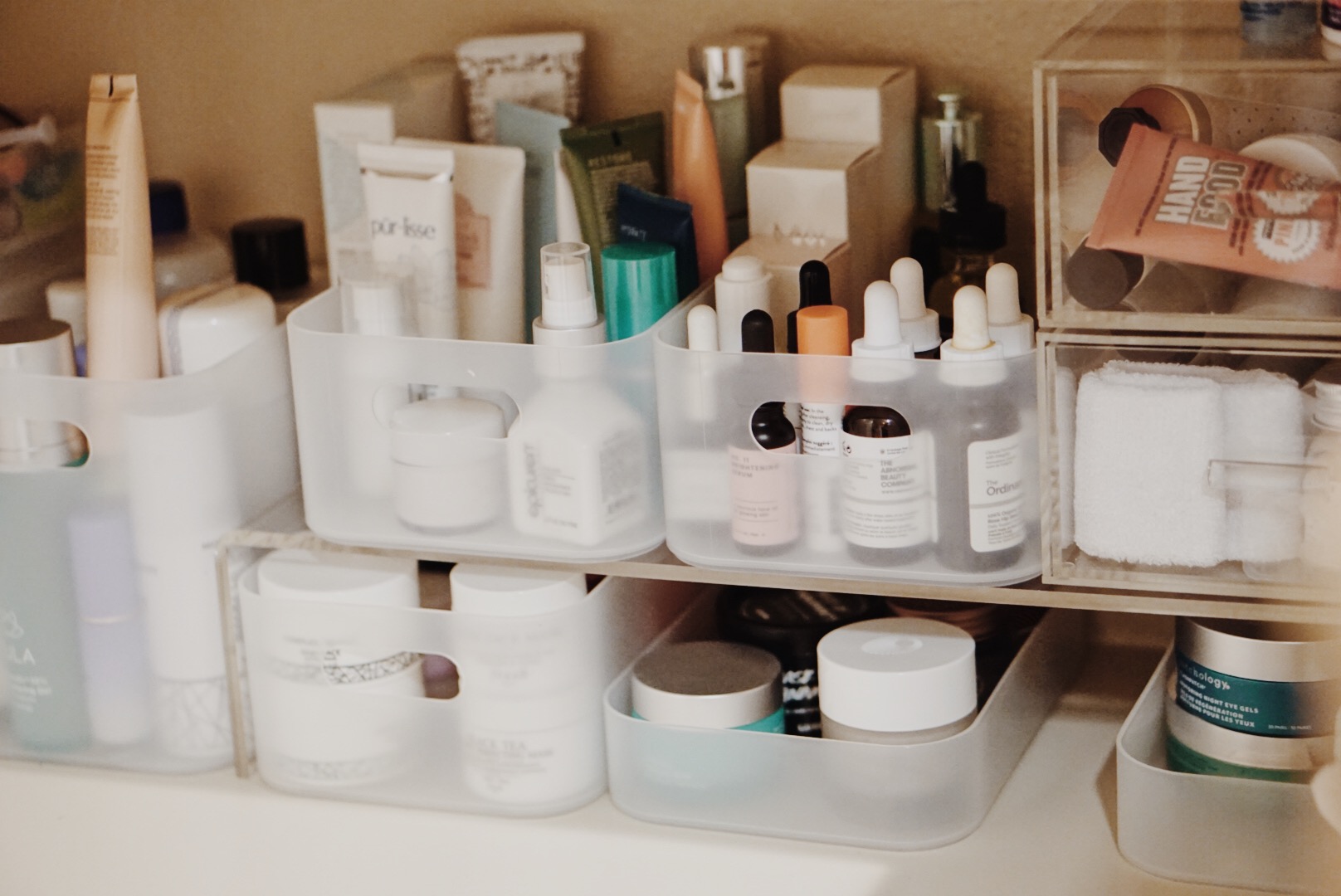

Articles
How To Store Skin Care Products
Modified: January 21, 2024
Discover essential articles on how to properly store your skin care products to ensure their efficacy and longevity. Simple tips and expert advice for maximizing your skincare routine
(Many of the links in this article redirect to a specific reviewed product. Your purchase of these products through affiliate links helps to generate commission for Storables.com, at no extra cost. Learn more)
Introduction
When it comes to taking care of your skin, using the right products is only part of the equation. Proper storage of your skin care products is equally important to ensure their effectiveness and longevity. Whether you have invested in high-end skincare brands or prefer natural remedies, knowing how to store your products correctly will help maintain their quality and prevent them from becoming ineffective or even harmful.
Skin care products, such as moisturizers, serums, and cleansers, contain active ingredients that work to improve the health and appearance of your skin. These ingredients can be sensitive to external factors like light, heat, and air exposure. By storing your skin care products properly, you can extend their shelf life and maximize their potency.
In this article, we will explore the importance of proper storage for skin care products and highlight the factors to consider when storing them. We will also provide the best practices for storing your skincare products and share common mistakes that you should avoid. Additionally, we will provide specific storage recommendations for different types of skin care products and offer tips on how to store them in different environments.
By following the guidelines outlined in this article, you can ensure that your skin care products remain effective, safe to use, and provide you with the desired results.
Key Takeaways:
- Proper storage of skin care products is crucial for maintaining their effectiveness, safety, and longevity. By following best practices and avoiding common mistakes, you can ensure that your products remain fresh and potent, providing optimal results for your skin.
- Consider the unique needs of different environments when storing skin care products. Whether in a hot and humid climate, a cold and dry environment, or a tropical/coastal region, adapting your storage practices accordingly will protect your products from extreme conditions and ensure their efficacy.
Read more: How To Store Pomoca Skins
Importance of Proper Storage for Skin Care Products
Proper storage of skin care products is vital for maintaining their efficacy and ensuring the best results for your skin. Here are some key reasons why you should pay attention to the way you store your skincare items:
- Prolongs Shelf Life: Like any other product, skin care products have an expiration date. However, proper storage can help extend their shelf life. Many factors, such as exposure to air, light, and heat, can accelerate the breakdown of active ingredients in skincare products. By storing them correctly, you can slow down this process and ensure maximum potency and effectiveness for a longer period.
- Maintains Product Quality: Skin care products are formulated with specific ingredient combinations and concentrations to provide the desired benefits. Incorrect storage can alter the consistency, texture, and overall quality of the product. For instance, exposure to heat can cause creams or serums to separate, and exposure to air can lead to oxidation and the development of unpleasant odors. By storing products properly, you can maintain their integrity and ensure they perform as intended.
- Prevents Contamination: Skin care products can easily become contaminated with bacteria, fungi, or other microorganisms if not stored properly. Contamination can occur when fingers or dirty applicators come into contact with the product, or when the product is exposed to a moist or humid environment. This can lead to skin irritations, infections, or breakouts. By implementing proper storage techniques, you can reduce the risk of contamination and keep your products safe and hygienic.
- Ensures Desired Results: Skin care products contain active ingredients that work effectively when applied to the skin. However, exposure to unfavorable conditions can render these ingredients ineffective. Sunlight, for example, can cause the degradation of certain compounds, reducing their ability to deliver the desired results. By protecting your products from such environmental factors, you can ensure that they work optimally and deliver the promised benefits.
- Saves Money: Properly storing your skin care products can also save you money in the long run. When products are stored incorrectly and become ineffective or contaminated, you may need to repurchase them sooner than expected. By practicing good storage habits, you can prevent unnecessary wastage and make the most out of your skincare investment.
Overall, the proper storage of skin care products is essential for maintaining their quality, efficacy, and safety. By following the right storage practices, you can ensure that your products deliver the intended results, last longer, and keep your skin healthy and radiant.
Factors to Consider when Storing Skin Care Products
Proper storage of skin care products involves considering various factors to maintain their effectiveness and integrity. Here are some key factors to keep in mind:
- Temperature: Temperature plays a crucial role in the stability and efficacy of skin care products. Extreme temperatures, both hot and cold, can damage the active ingredients and alter the formulation. It is generally recommended to store skincare items in a cool and dry place, away from direct sunlight and heat sources like radiators or windowsills. Refrigerating certain products, such as creams or face mists, may enhance their soothing or refreshing effects, but it’s wise to check the product label for specific storage instructions.
- Light Exposure: Light exposure can lead to the degradation of certain ingredients, especially those sensitive to UV rays. To protect your products, store them in opaque or dark-colored containers that are light-resistant. If your skincare items come in transparent packaging, consider storing them in a drawer or cabinet to shield them from direct light. Some products, like those containing retinol or vitamin C, may even come in light-protective packaging to ensure their stability.
- Air Exposure: Air exposure can cause oxidation, leading to a loss of potency and the development of unpleasant odors. To prevent this, make sure to tightly seal all product containers after use. Pump bottles or tubes are preferable over jars since they limit air exposure. For products in jars, use a clean spatula instead of fingers to scoop out the desired amount and minimize contamination and air contact.
- Moisture and Humidity: Moisture and humidity can encourage the growth of bacteria and mold, causing product spoilage and potential skin issues. Keep your skincare items away from moist environments, such as the bathroom, where humidity levels are higher. Instead, opt for storage in dry areas like bedrooms or closets. Consider using airtight containers or ziplock bags for added protection, especially when traveling or during humid seasons.
- Product Formulation: Different products have different storage requirements based on their formulation and active ingredients. Some ingredients, like certain antioxidants or peptides, may degrade when exposed to air or light. On the other hand, certain products like water-based serums or toners may require refrigeration to maintain their freshness. Always read the product labels for specific storage instructions and follow them accordingly.
- Storage Time: It is crucial to keep track of the expiration dates of your skin care products. While proper storage can extend their shelf life, using expired products can be ineffective and potentially harmful to your skin. Regularly inspect your products and discard any that have surpassed their expiration date or have changed in color, consistency, or smell.
- Organizational System: Lastly, maintaining an organized system for your skincare products can help you easily locate and access them while minimizing the risk of contamination or improper storage. Consider using shelves, drawers, or clear containers to categorize and arrange your products. Additionally, keep an inventory to stay aware of what products you have and when they need to be replaced. This way, you can ensure that your skincare routine remains efficient and effective.
By considering these factors and implementing the appropriate storage measures, you can preserve the quality and effectiveness of your skin care products and maximize their benefits.
Best Practices for Storing Skin Care Products
To ensure the longevity and effectiveness of your skin care products, it’s essential to follow these best practices for proper storage:
- Read and Follow Product Labels: Start by reading the product labels for any specific storage instructions provided by the manufacturer. Different products may have different storage requirements, so it’s important to adhere to their guidelines.
- Store in a Cool, Dry Place: Store your skin care products in a cool and dry area. High temperatures can accelerate the breakdown of active ingredients, while excessive moisture can promote the growth of bacteria. Avoid storing your products in the bathroom, where heat and humidity are often higher.
- Avoid Direct Sunlight: Exposure to sunlight can cause degradation and oxidation of certain ingredients. Store your skincare items away from direct sunlight and consider using opaque or dark-colored containers to shield them from light.
- Keep Containers Sealed: Make sure the containers of your skin care products are tightly sealed after each use. This helps prevent air exposure and preserves the freshness and efficacy of the product.
- Use Pump Bottles or Tubes: Products that come in pump bottles or tubes are preferable to those in jars. Pump bottles and tubes minimize air contact and contamination, keeping the product more hygienic and fresh.
- Use Clean Hands and Tools: When using jar products, always use clean hands or a clean spatula to scoop out the desired amount. This prevents contamination and extends the shelf life of the product.
- Travel with Care: When traveling, take extra precautions to protect your skin care products. Use travel-sized containers or transfer products into travel-friendly packaging to ensure they remain sealed and intact. Place them in a leak-proof bag to prevent any spills or damage.
- Don’t Share Products: Avoid sharing your skin care products with others to minimize the risk of contamination. Each person’s skin carries its own bacteria, and sharing products can potentially lead to breakouts or infections.
- Regularly Check Expiration Dates: Keep track of the expiration dates of your skin care products. Discard any products that have expired or changed in color, consistency, or smell. Using expired products can be ineffective and may even cause adverse reactions on the skin.
- Keep Products Accessible and Organized: Maintain an organized system for your skin care products, grouping them by category or purpose. This makes it easier to locate and use them regularly. Ensure that your storage area is easily accessible, so you can maintain a consistent skincare routine.
- Consider Refrigeration for Specific Products: Some skin care products, like certain creams, gels, or face mists, can benefit from refrigeration to enhance their soothing or refreshing effects. However, always check the product label for specific storage instructions, as not all products require refrigeration.
By following these best practices and taking proper care of your skin care products, you can ensure the longevity and effectiveness of your skincare routine, allowing you to achieve the desired results for your skin.
Store your skin care products in a cool, dry place away from direct sunlight to prevent degradation of active ingredients and maintain their effectiveness.
Common Mistakes to Avoid in Storing Skin Care Products
Proper storage is crucial for maintaining the quality and effectiveness of your skin care products. By avoiding these common mistakes, you can ensure that your products stay fresh and potent:
- Exposing Products to Sunlight: Sunlight can degrade active ingredients and alter the formulation of your skin care products. Avoid leaving them in direct sunlight or storing them near windowsills where they can be exposed to UV rays. Instead, keep them in a dark and cool location.
- Keeping Products in the Bathroom: The bathroom environment is often humid and fluctuates in temperature, which can lead to the growth of bacteria and mold. It’s best to store your skincare items in a dry area outside the bathroom, such as a bedroom or closet.
- Not Reading Product Labels: Each skin care product may have specific storage instructions provided by the manufacturer. Take the time to read the labels and follow the recommended storage guidelines. This will ensure that you store the products correctly and maintain their quality.
- Using Dirty Hands or Tools: When using products in jars or tubs, avoid using your fingers to scoop out the product. Bacteria on your hands can contaminate the product, leading to spoilage or skin issues. Instead, use a clean spatula to scoop out the desired amount.
- Not Closing Containers Properly: Leaving product containers open or loosely closed can expose them to air and result in oxidation, loss of potency, and changes in texture. Always make sure to tightly seal the containers after use to prevent air exposure.
- Mixing Different Products in One Container: Mixing different skin care products in one container can lead to chemical reactions and alter the effectiveness of the products. Stick to using products as they are intended and avoid blending them together unless specified by the manufacturer.
- Ignoring Expiration Dates: Using expired skin care products can be ineffective and potentially harmful to your skin. Pay attention to the expiration dates and discard any products that have passed their shelf life, even if they appear to be fine.
- Storing Products in Warm Areas: Heat can cause the breakdown of active ingredients and alter the consistency of creams and lotions. Avoid storing products near heat sources like radiators or in areas where the temperature is high, such as near kitchen appliances.
- Sharing Products: Sharing skin care products, especially those in jars or tubs, can introduce bacteria and lead to contamination. Each person’s skin carries its own bacteria, and sharing products can increase the risk of breakouts or infections. Stick to using products individually.
- Transferring Products into Improper Containers: Some skincare products may come in specific packaging designed to protect them from air exposure and light. Transferring these products into different containers may compromise their effectiveness. If possible, keep them in their original packaging.
By being mindful of these common mistakes and implementing proper storage practices, you can preserve the quality and efficacy of your skin care products, allowing you to derive the maximum benefits for your skin.
Read more: How To Store Ski Skins
Specific Storage Recommendations for Different Types of Skin Care Products
While the general principles of proper storage apply to most skin care products, certain products have specific storage recommendations to ensure their efficacy and longevity. Here are some specific storage recommendations for different types of skin care products:
- Creams and Lotions: Creams and lotions should be stored in a cool and dry place away from direct sunlight and heat sources. Avoid storing them in humid or warm environments like bathrooms. Additionally, to prevent contamination and preserve their texture, use clean hands or a spatula to scoop out the desired amount rather than directly touching the product.
- Serums and Ampoules: Serums and ampoules often contain highly concentrated and active ingredients. Store them in a cool and dark place to maintain their potency. Consider refrigerating them, especially if the product instructions suggest it, as cold temperatures can also provide a refreshing sensation on the skin.
- Natural/Organic Products: Natural and organic skincare products are often free of synthetic preservatives, making them more susceptible to spoilage. Store these products in a cool environment to minimize the risk of bacterial growth or product degradation. Be mindful of the product’s expiration date and use them within the recommended time frame.
- Face Masks: Face masks can come in different forms like sheet masks, clay masks, or gel masks. Store them according to their packaging instructions. Sheet masks are usually individually packaged and should be kept in a cool and dry area. Clay and gel masks are often stored in tubs or tubes and should be tightly sealed after each use to prevent drying out or contamination.
- Retinol Products: Retinol is a potent ingredient that can degrade when exposed to air and sunlight. Store retinol products in opaque or light-resistant containers to protect them from light exposure. Consider refrigerating them for extended shelf life, but make sure to check the product labels for any specific storage instructions.
- Oil-Based Products: Oil-based products like facial oils should be stored in a cool and dark place to prevent them from turning rancid. Keep the bottles tightly sealed after each use to protect the oil from oxidation and air exposure.
- Sunscreen: Sunscreen is essential for protecting your skin from harmful UV rays. However, exposure to high temperatures can degrade the effectiveness of the active ingredients. Store sunscreen in a cool and dry place and avoid leaving it in hot vehicles or under direct sunlight.
- Eye Creams and Gels: Eye creams and gels are delicate products formulated specifically for the delicate eye area. To maintain their effectiveness and prevent contamination, store them in a cool and dry place and avoid keeping them in warm or humid environments.
- Acid-based Products: Acid-based products like AHAs (Alpha Hydroxy Acids) and BHAs (Beta Hydroxy Acids) are pH-sensitive and can lose their effectiveness if exposed to air or light. Store these products in opaque or dark-colored containers and ensure tight sealing to protect them from air exposure.
- Fragile Packaging: Some skin care products come in fragile or light-sensitive packaging, such as glass bottles or jars. Take extra care when storing these products to prevent breakage or exposure to light. Consider storing them in a separate box or drawer for added protection.
Always refer to the product labels for any specific storage instructions provided by the manufacturer. Following these specific storage recommendations will help ensure that each type of skin care product remains fresh, potent, and ready to deliver the desired benefits to your skin.
How to Store Skin Care Products in Different Environments
Proper storage of skin care products is crucial regardless of the environment you live in. However, certain environments may require additional considerations to ensure the quality and effectiveness of your products. Here are some tips on how to store skin care products in different environments:
- Hot and Humid Environments: In hot and humid climates, the risk of product spoilage and bacterial growth is higher. To protect your skin care products in these environments, consider the following:
- Store in Cool Areas: Keep your products in cool areas of your home, preferably air-conditioned spaces or rooms with good ventilation. Avoid storing them in areas exposed to direct sunlight or high heat, such as near windows or in the bathroom.
- Use Airtight Containers: Consider transferring your products into airtight containers or ziplock bags to protect them from excess moisture and humidity. This can help prevent the growth of bacteria or mold.
- Frequent Refrigeration: If necessary, refrigerate certain products like facial mists or creams with natural preservatives to maintain their freshness. Check the product labels for any specific refrigeration instructions.
- Use Travel-Friendly Packaging: If you’re traveling to a hot and humid destination, use travel-sized containers or packaging to minimize exposure and potential product damage. Keep them in a cool bag when on the go.
- Cold and Dry Environments: Cold and dry environments can cause products to freeze or become drier, affecting their texture and effectiveness. To store skin care products in cold and dry environments:
- Store in Moderate Temperatures: Keep your products in areas with moderate temperatures, away from sources of extreme cold like windows or drafts. Avoid leaving them in cars or unheated spaces.
- Moisturize Products Regularly: If the air is excessively dry, products like creams or lotions may become drier and less effective. Consider applying moisturizers specifically designed for dry climates or use hyaluronic acid-based products to add hydration to the skin.
- Protect from Freezing: If temperatures drop below freezing, certain products can freeze and lose their effectiveness. Check the product labels for any specific freezing warnings and store them in a temperature-controlled environment to prevent freezing.
- Tropical or Coastal Environments: Tropical or coastal environments can expose skin care products to high humidity, salt air, and direct sunlight. To store your products in these environments:
- Protect from Salt Air: Salt air can cause corrosion or damage to product packaging. Keep your products in airtight containers or sealable bags to protect them from salt air exposure.
- Shield from Direct Sunlight: Direct sunlight can degrade the effectiveness of products and accelerate the breakdown of active ingredients. Store them in cool and shady areas or use an opaque storage box or drawer to shield them from sunlight.
- Consider Waterproof Packaging: If you plan to use skincare products near water, such as at the beach or pool, opt for water-resistant or waterproof packaging to protect them from water damage and contamination.
- Reapply Sunscreen Frequently: In tropical or coastal regions with intense sun exposure, it’s crucial to reapply sunscreen frequently to protect your skin. Consider using a travel-sized sunscreen for convenience.
Remember to always check the product labels for any specific storage instructions given by the manufacturer. By adapting your storage practices to different environments, you can ensure that your skin care products remain effective and deliver the desired results, regardless of the conditions you may face.
Conclusion
Proper storage of skin care products is an essential aspect of maintaining their effectiveness, safety, and longevity. By following the best practices and avoiding common mistakes, you can ensure that your products remain fresh and potent, providing optimal results for your skin.
Storing skin care products in the right environment is key. Keep them in cool and dry places, away from direct sunlight and heat sources. Avoid storing them in areas with high humidity, like the bathroom, as moisture can lead to product contamination and spoilage.
Be mindful of specific storage recommendations for different types of products. Whether it’s refrigerating certain items, protecting light-sensitive products, or using airtight containers, following these guidelines will help maintain the quality of your skincare routine.
Consider the unique needs of different environments. Whether you’re in a hot and humid climate, a cold and dry environment, or a tropical/coastal region, adapting your storage practices accordingly will protect your products from extreme conditions and ensure their efficacy.
Don’t forget to regularly check expiration dates and discard any expired products. Using expired skincare items can be ineffective and potentially harmful to your skin. Keep an organized system for your products, making it easy to locate them and maintain a consistent skincare routine.
In conclusion, proper storage of skin care products is essential for maintaining their quality and efficacy. By following the recommended storage practices, specific recommendations, and considering environmental factors, you can prolong the shelf life of your products, avoid contamination, and achieve the desired results for your skin.
Take care of your skin care products, and they will take care of you!
Frequently Asked Questions about How To Store Skin Care Products
Was this page helpful?
At Storables.com, we guarantee accurate and reliable information. Our content, validated by Expert Board Contributors, is crafted following stringent Editorial Policies. We're committed to providing you with well-researched, expert-backed insights for all your informational needs.
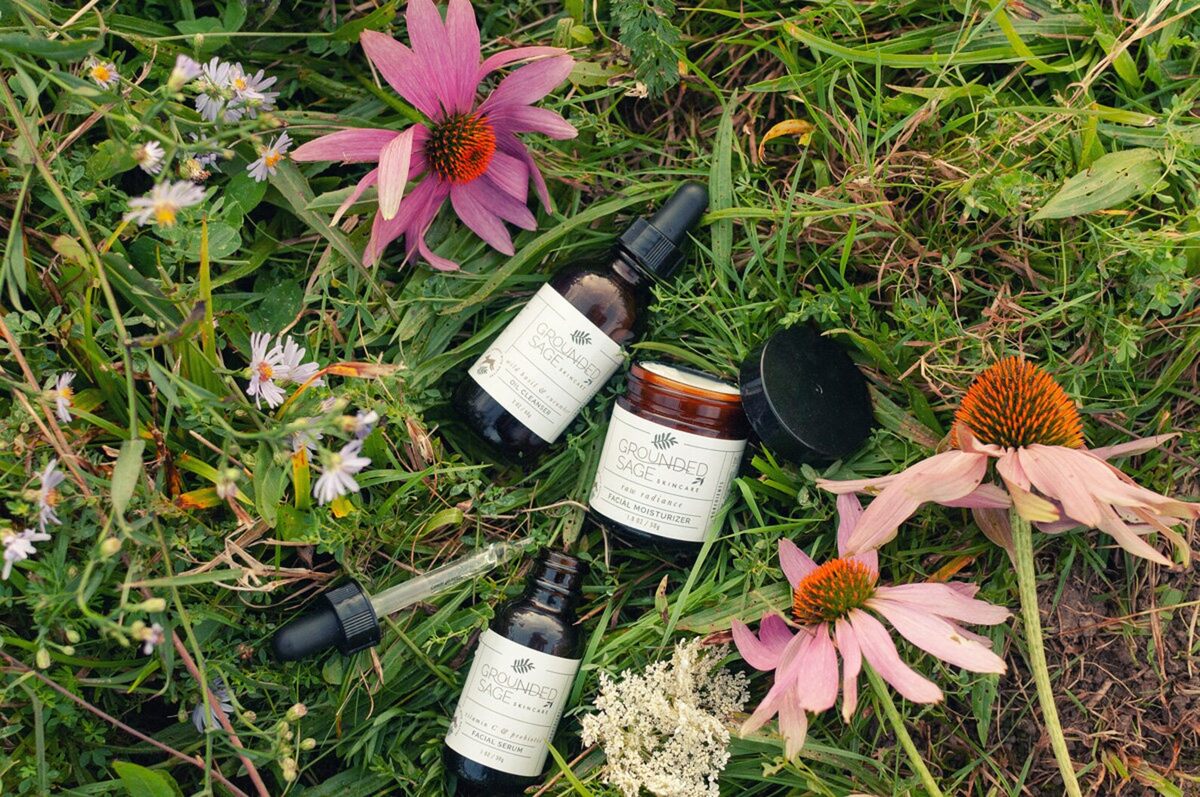
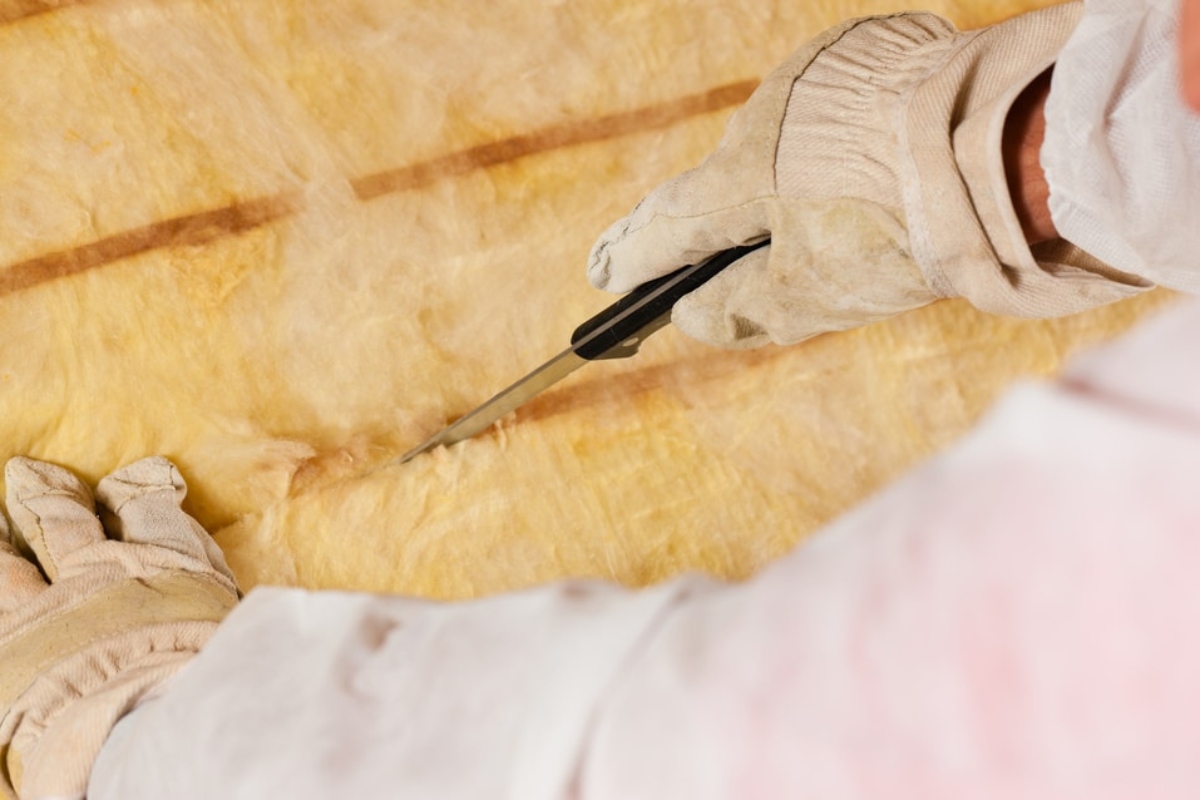


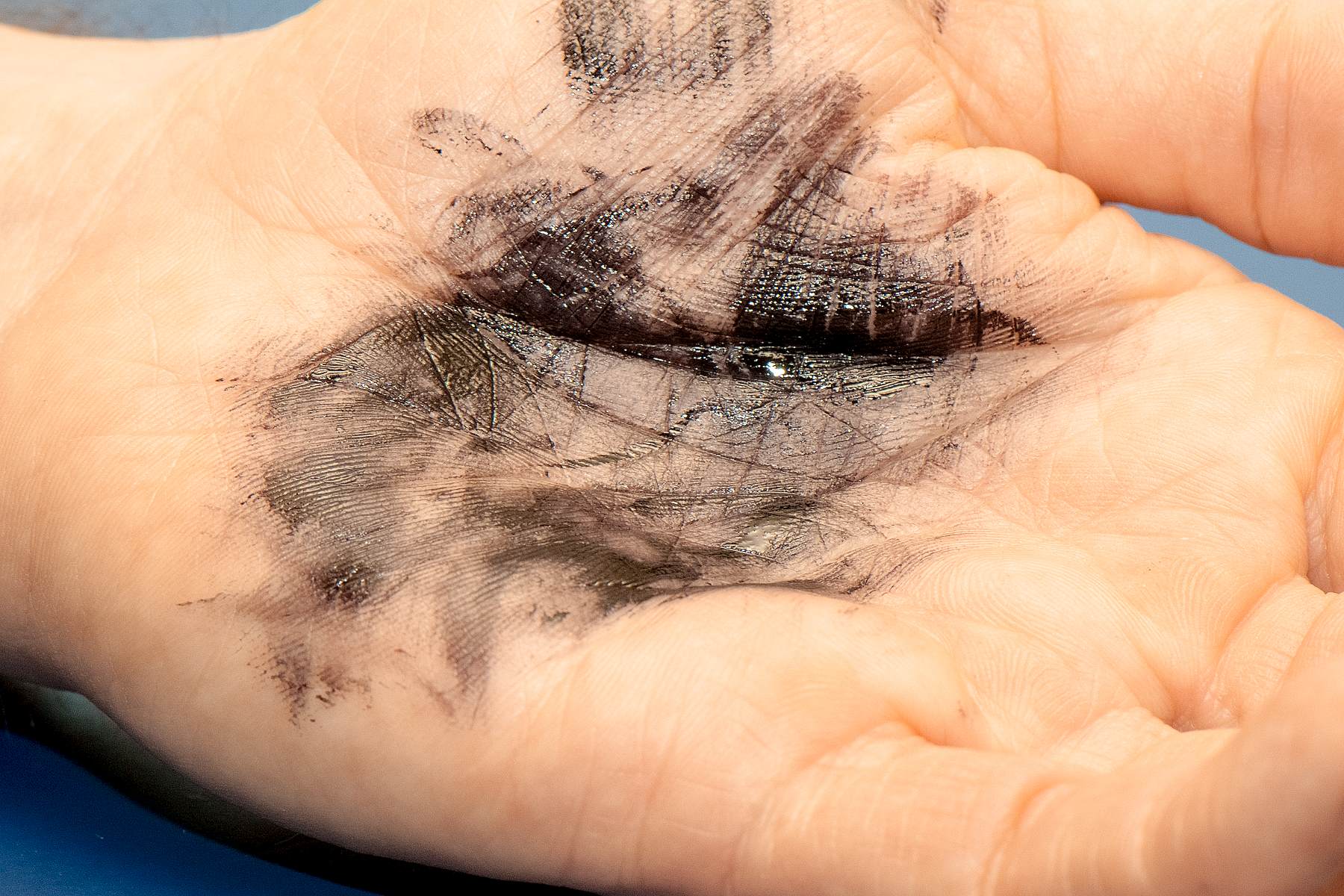
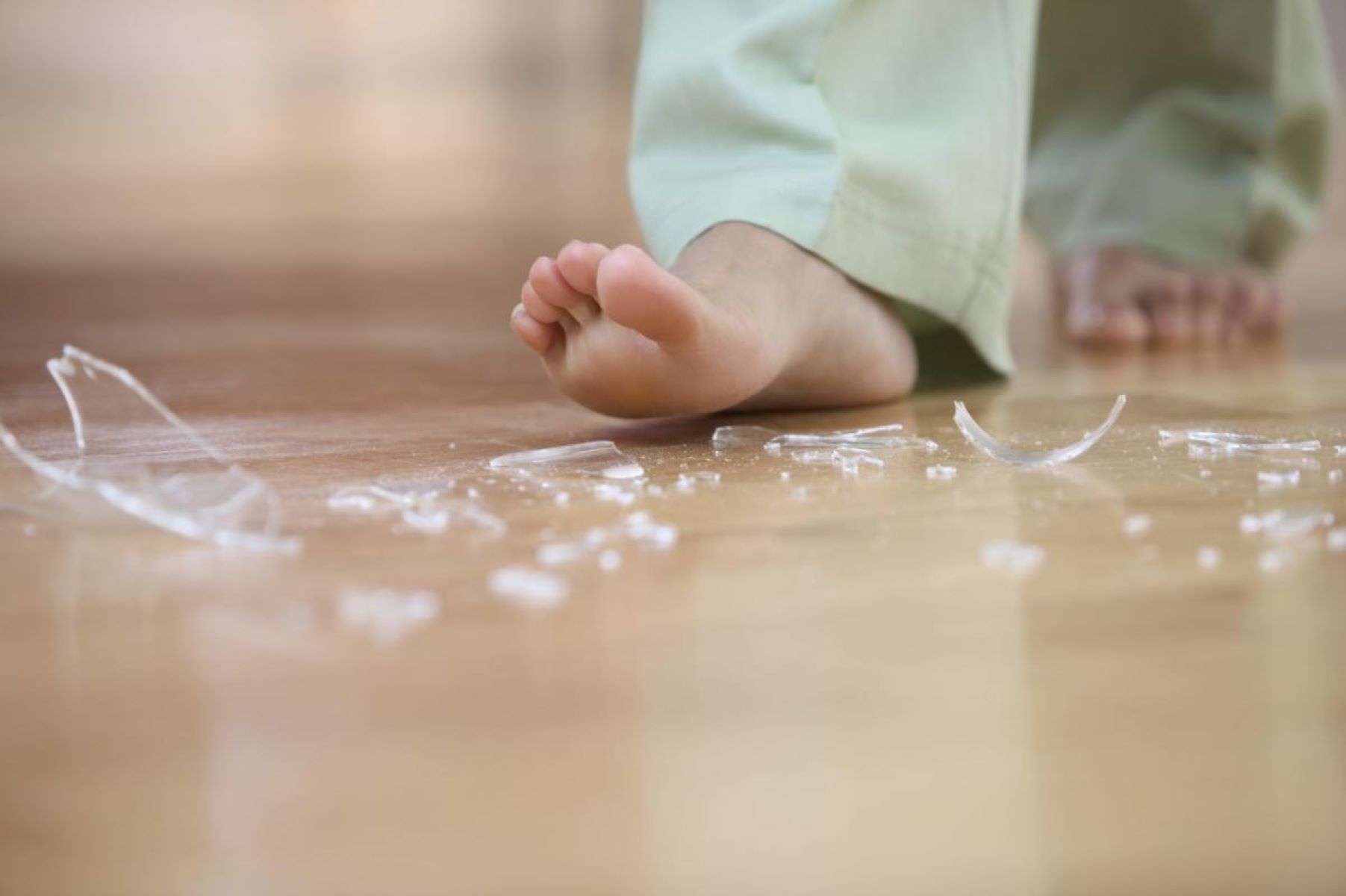

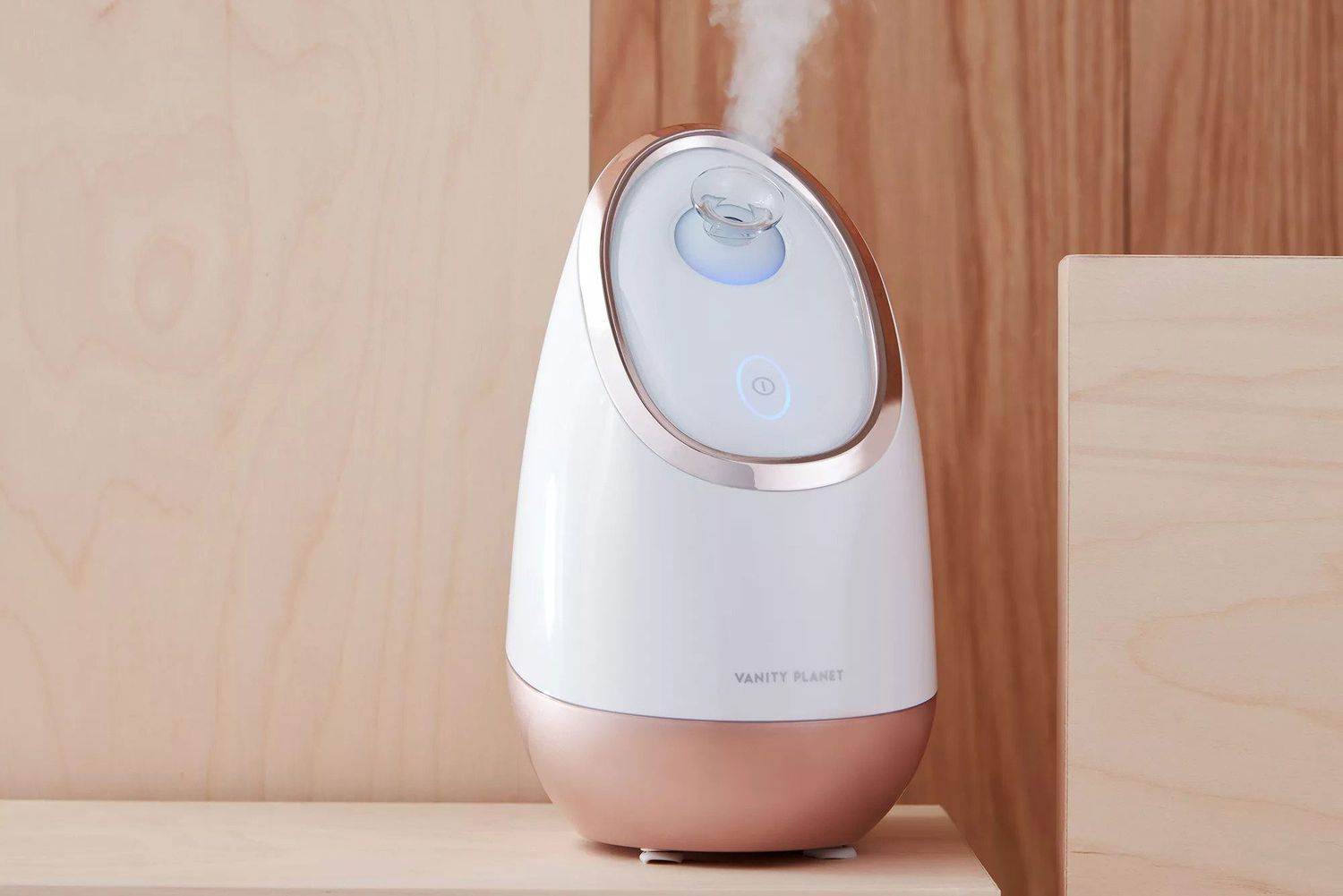

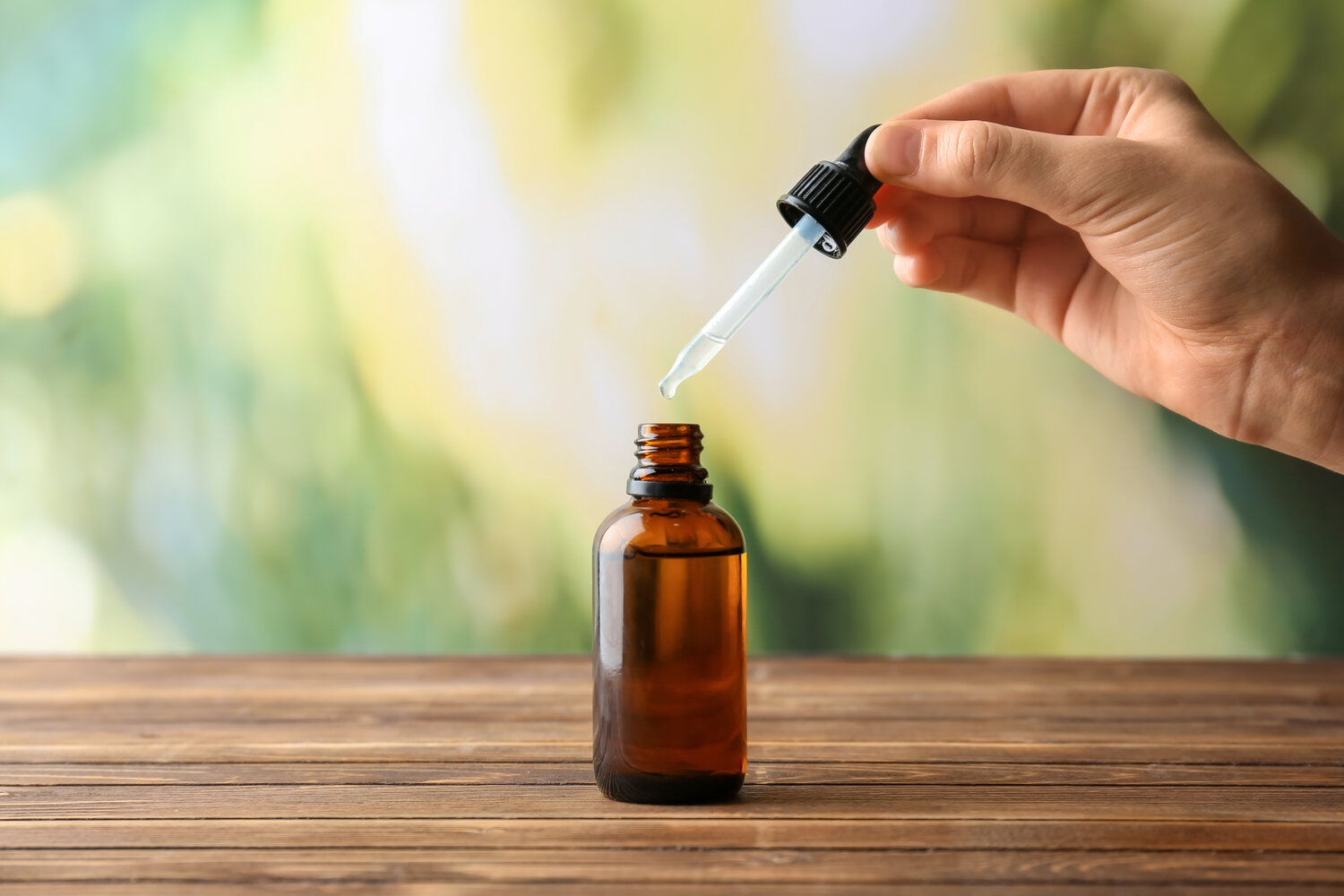

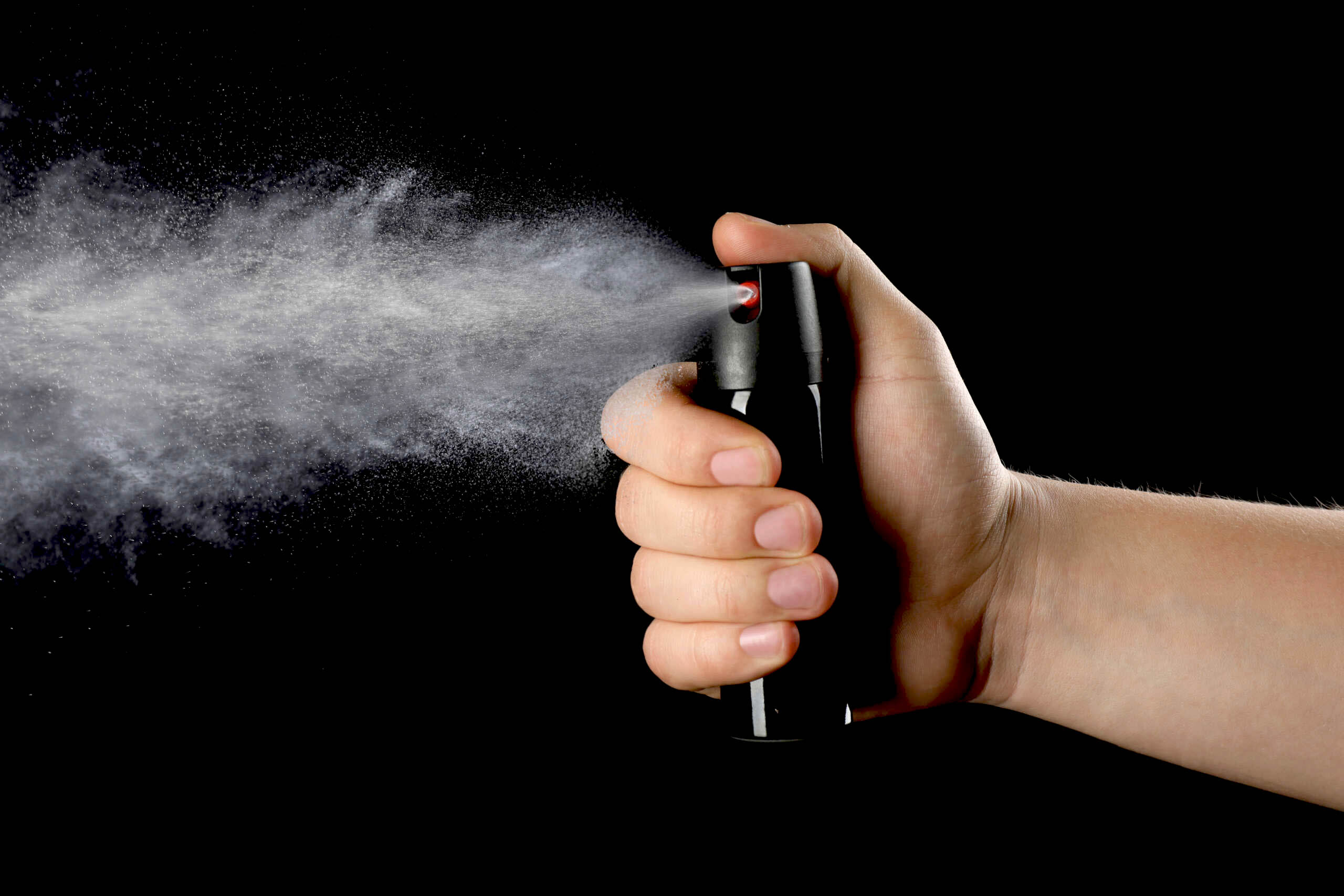
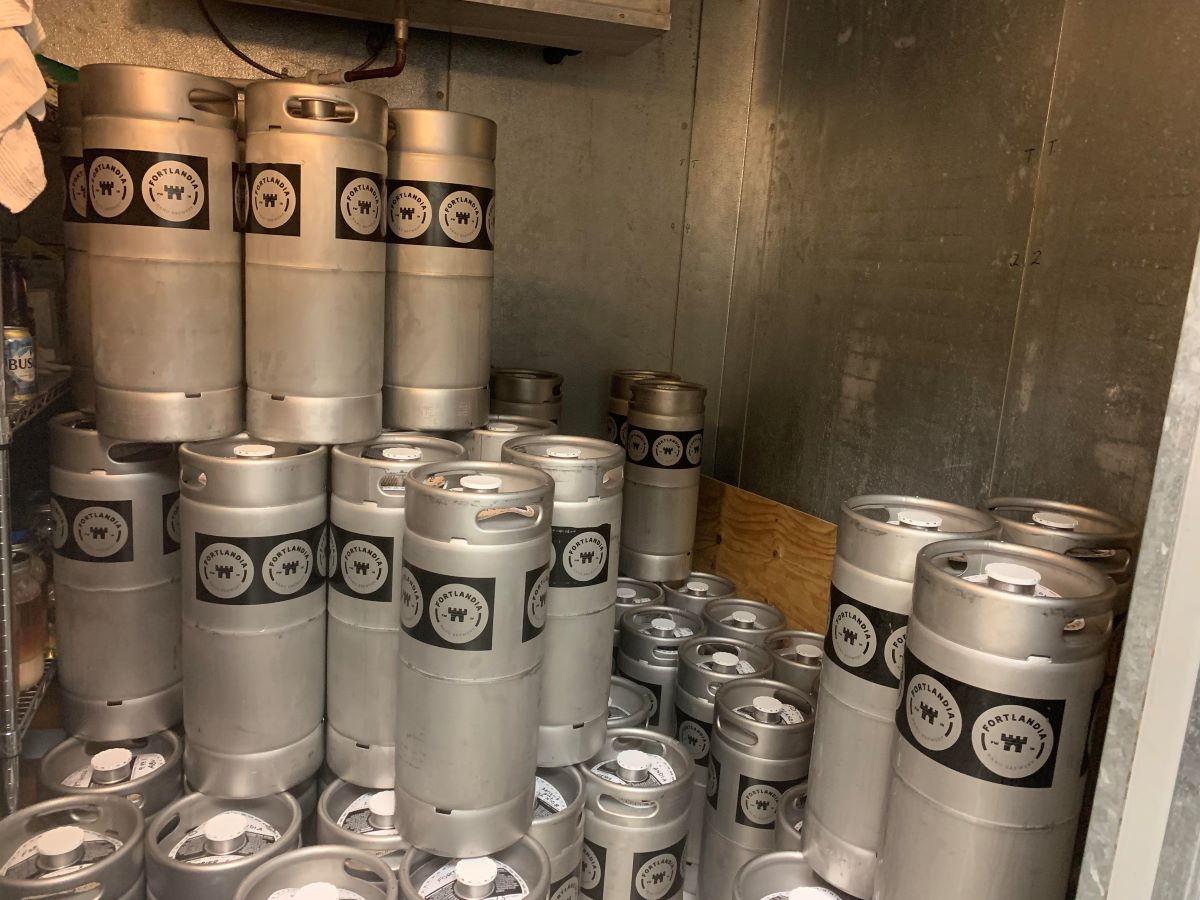


0 thoughts on “How To Store Skin Care Products”